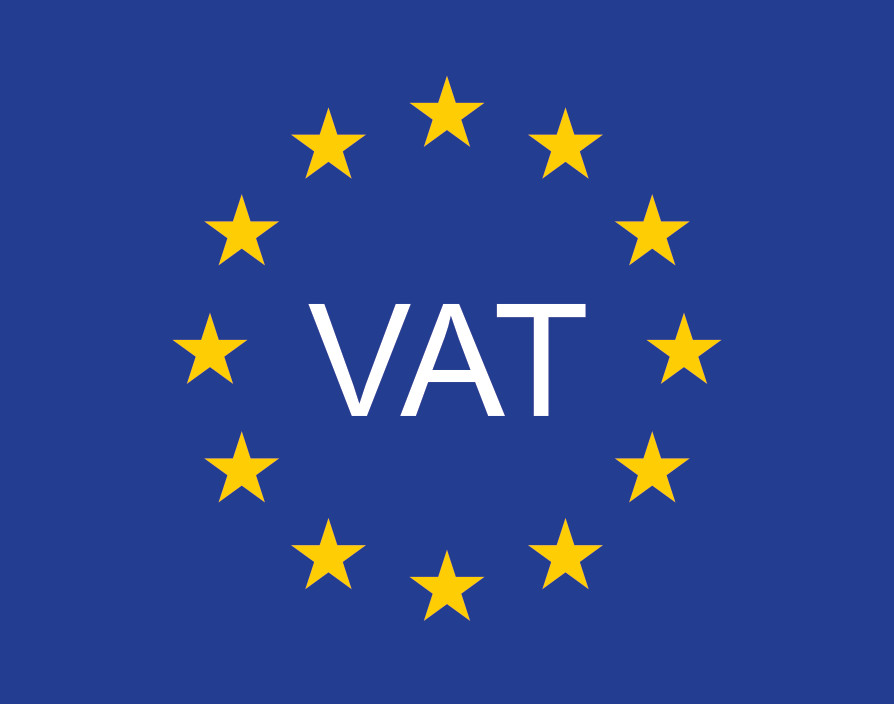Do you export low value parcels to Europe? Arne Mielken of Customs Manager says UK sellers need to prepare now for far-reaching changes to EU VAT rules.
The growth in online shopping has been turbocharged by the global pandemic with more and more small parcels being exported between the UK and Europe.
At the moment you can sell goods directly to consumers in the European Union (EU) without paying import VAT if the consignment is valued at €22 or below.
This has given UK sellers a competitive edge over EU suppliers of similar goods, although the system has been abused by some sellers who under-declare the value of their goods to avoid import VAT.
VAT exemption axed
But the exemption on low value consignments is being scrapped on 1st July 2021 when all imports will be subject to EU VAT, irrespective of their value. Instead, you will have to charge your EU customers VAT at the point of sale, rather than pay import VAT, for consignments of €150 or below.
Not surprisingly many UK businesses fear that having to collect and account for this additional VAT will result in even more red tape. Not only will you have to work out what VAT rate to charge customers in different EU countries, you may also have to adapt your e-commerce payment systems to charge VAT at the point-of-sale.
In some cases, however, you may be able to offload the VAT collection to postal operators, express carriers and customs agents.
Import One-Stop-Shop
The good news is that you can opt to use the newly expanded Import One-Stop-Shop (IOSS), which is designed to simplify the reporting and payment of VAT on consignments valued at €150 or less.
This should reduce paperwork for many UK traders who won’t have to register for VAT in different EU countries. From July, you will be able to submit a quarterly return to just one tax authority in one member state, and pay your VAT wherever you have registered your IOSS account.
Bear in mind, though, that the different VAT rates of the countries where your customers live will still apply, so you will need to invoice them accordingly. The new VAT regime should also benefit EU consumers who won’t have any surprise import costs when their goods arrive, because they will have already paid for them.
If you are eligible to use the one-stop-shop, remember to include your IOSS identification number on all relevant invoices and packages after July 1st. This will ensure that the customs authorities know that import VAT has been correctly declared.
And if you sell goods via online platforms, check whether you need to make changes to your IT systems to allow for the correct VAT to be charged.
What about samples?
One grey area is whether the removal of the €22 import VAT threshold will affect commercial samples sent abroad.
I expect that you will be able to continue importing samples free from duty and VAT if they can only be used for demonstration purposes, are of negligible value and are shipped in limited quantities. An example of this would be a single glove which wouldn’t be much use without the other one.
You may also need to mark them as samples with an indelible pen, for example,
and declare them as such on the air waybill – the receipt issued by an airline for goods – and the commercial invoice.
The EU’s new distance selling VAT rules are certainly far reaching and will have major implications for UK firms engaged in cross-border e-commerce. You should therefore do your research now and consider registering for an IOSS account straightaway, rather than wait until July to find out how the changes will affect you.
“
Share via:








































